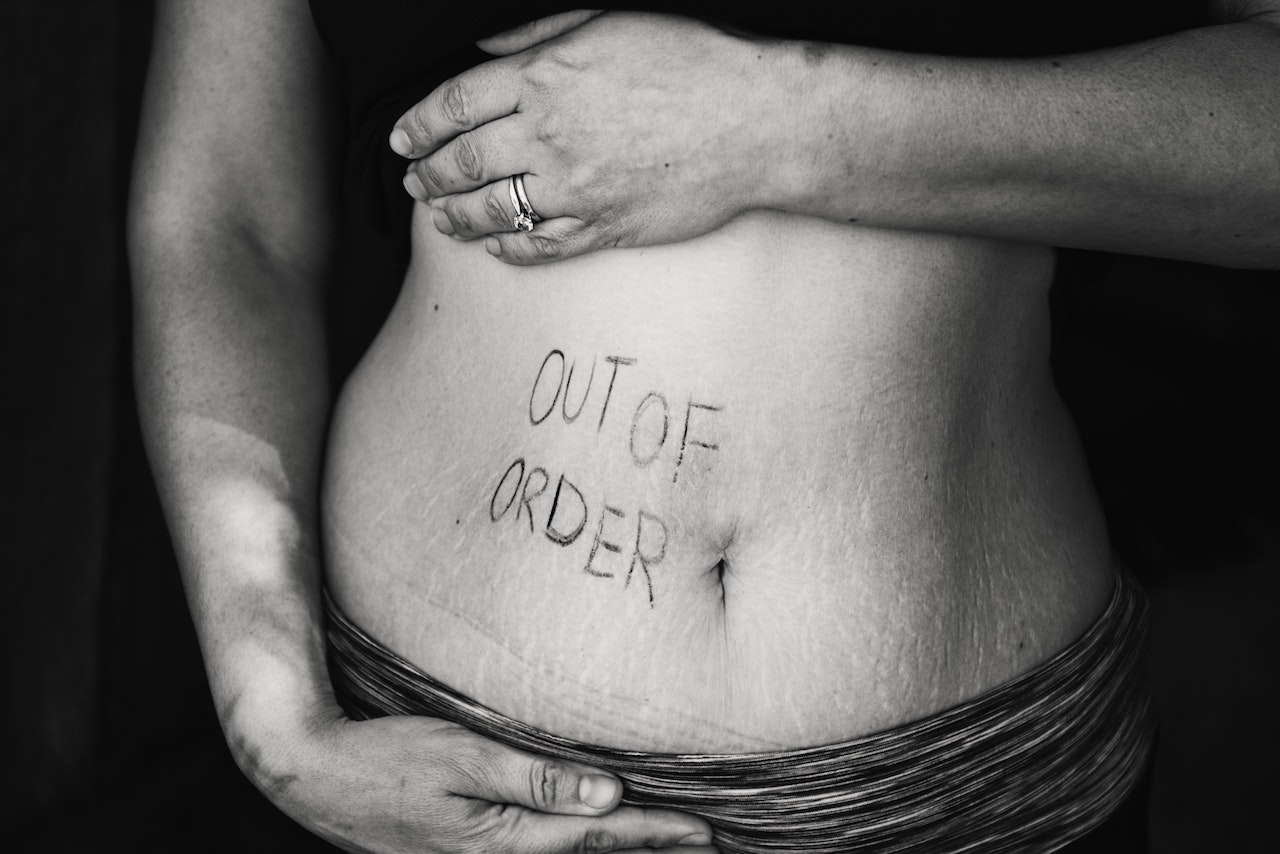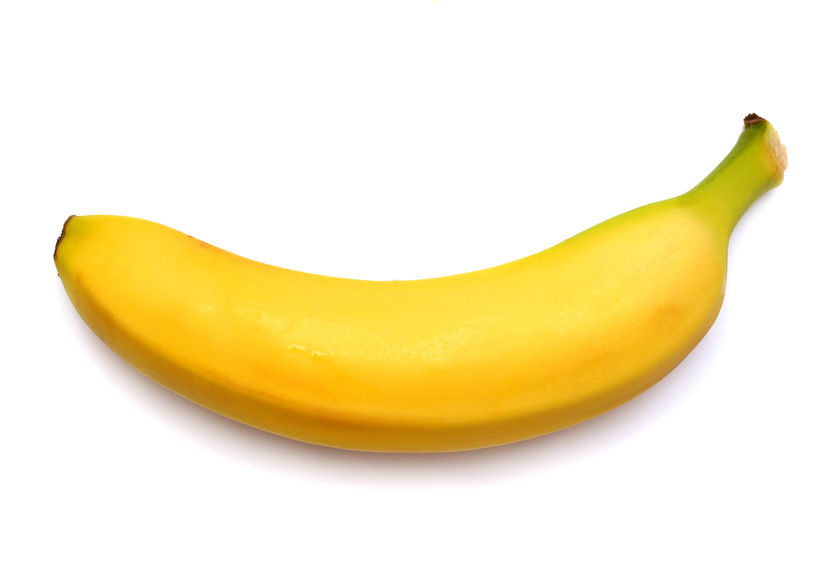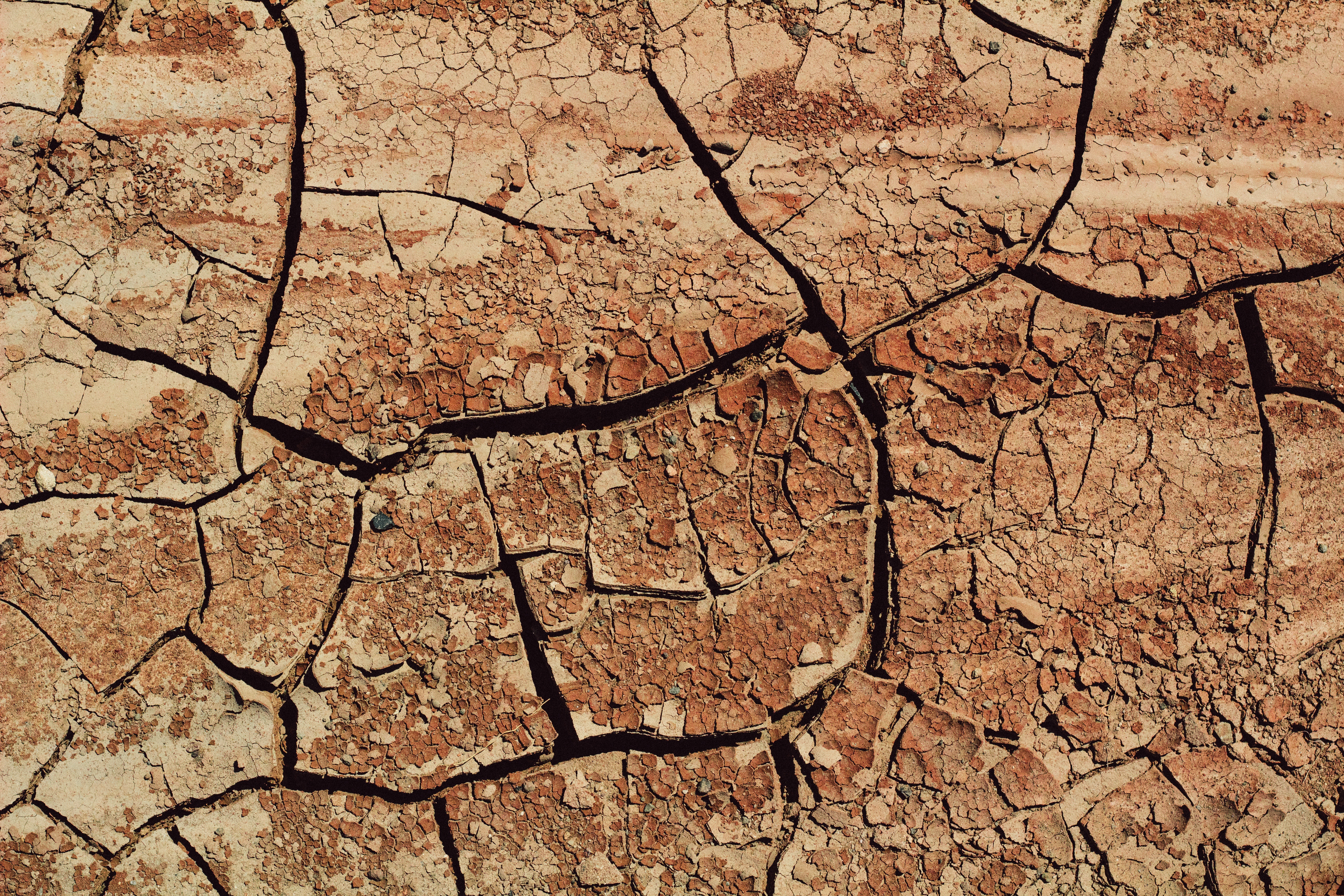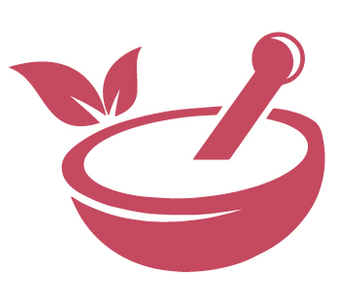Why is my Toilet either Clogged or Empty? Let's talk Poop.
Published on September 17th, 2018
Let’s be completely honest. We’ve all suffered from constipation, diarrhea, abdominal pain, or bloat. And though Okra might help…for many of us, dealing with these symptoms has become a daily part of life.
It’s something we’re afraid to talk about yet it is one of the most vital functions of life.
We obviously need food to survive so why is elimination such a taboo topic? Growing up in a South Asian household, bowel movements were always given a lot of importance likely due to India’s roots in Ayurveda, an ancient health system which developed over 5000 years ago. Anyone that knows me well knows that I am constantly talking about my “GI” issues and how I can’t eat this or that. This is because of the post-prandial effect they’ll have on my abdomen and essentially my poop.
Being trained as a health care provider based on the Western model of medicine had led me to diagnose and treat medical concerns individually and symptomatically rather than as a whole comprised of the mind, body, and soul.
Ayurveda honors the body’s natural intelligence and so when we bring our body back to its balance from its imbalanced state, it is able to naturally heal. It wasn’t until I began my Ayurvedic Practitioner training that I came to appreciate my poop and the abundance of knowledge it provides. In order to take responsibility for our own health, we need to learn our body inside and out. Ayurveda believes that the digestive tract is the first location imbalance occurs and this leads to disease of the body and mind.
There are 3 Doshas (inherent flaws) present within each of our bodies in varying amounts. Each one of us has a predominant Dosha type, whether it’s Vata (air and space), Pitta (fire and water), or Kapha (water and earth). Don’t know your type? Take Honey, Ghee, and Tea’s Dosha Quiz to find out! By maintaining balance to your Dosha, many diseases can be prevented and you can have that satisfying poop ALL the time.
So what are we looking for in our poop? And how can we make it perfect?
Poop-y Analysis: It’s important to look at and analyze our poop before we go on a mission to have the perfect bowel movement. For starters, assess the color, smell, and bulk of your poop.
Color – Typically, Vata stool will be darker in color, Pitta stool will be yellow, and Kapha stool will look pale. Once you know your Dosha-Type, a quick look at the color of your stool can tell you if you’re balanced or not. Smell – Well, if there’s an odor, it’s definitely a problem for anyone that walks into the bathroom after you. We’ve all experienced it. Foul smelling poop is a sign of toxin (ama) buildup in the body.
Bulk (Floatation/Sinkage) – Ayurveda believes that toxins are heavy and sticky and therefore will sink. The goal is to maintain floating poop.
Quick and Dirty (literally!) Guide to Common Poop Types:

The Perfect Poop – An ideal bowel movement happens within 1 hour of waking up. It should be one solid piece, shaped like a banana (you’ll never think of bananas the same way ever again!) and float in the toilet bowl. I know you’re loving my graphic details! The number of bowel movements per day vary from person to person depending on your unique mind-body constitution. Take my Dosha Quiz to find out how many bowel movements is normal for you based on your unique mind-body type.
Constipation – This typically occurs with Vata-type individuals. Because Vata is governed by the elements of space and air within the body – its dry, light qualities make the poop hard and difficult to move out. Due to the mind-body connection, constipation can lead to headaches and difficulty concentrating but simple lifestyle and dietary changes can end the problem once and for all.
Small pieces of poop – This type of poop is characteristic of Pitta-type individuals as their body is governed by a strong digestive fire (agni). They typically have 2-3 bowel movements per day but due to the fire and water elements of their constitution, the poop remains loose and formless. Making dietary changes like adding fiber to the diet can help dry the poop and give it shape.
Too much poop – This is characteristic of the Kapha-type. Kapha poop is usually heavier and oilier given the earth and water elements in their mind-body type. It is important for Kaphas to limit their intake of fats and oils to ensure that they get the perfect floating poop.
Diarrhea – Diarrhea is considered a way for the body to release itself of toxins and Ayurveda believes that we should just let it happen and run its course. No need to take Pepto or Imodium. If, of course, there is an underlying chronic etiology to the diarrhea, it must be treated.
So how do I have the perfect poop?
We’ve all had that awesome satisfying poop that leaves us feeling light and energetic. How can we have that every day?

1. Wake up, relax for a few moments. Don’t jump right onto your phone or laptop.
2. Drink warm water. This will awaken the digestive system and cause peristalsis.
3. Develop a morning routine. You can read more about a Daily Ayurvedic routine and my 60 minute step-by-step guide here. Getting into the habit of taking Triphala every night helps with detoxification and regulates elimination as well.
4. Many of us have heard of Malasana, the yoga pose where you squat. If you haven’t heard of it, take a look at the photo below. Holding this pose for 5-10 minutes can help your body prepare for a bowel movement as well if nothing else works. Every bathroom in my house has a Squatty Potty…it helps with the process by simulating a squat while on the toilet.
5. Once you have a consistent routine, just like your body gets hungry at the same times, your body will know the right times to poop as well.
![]()
The key, however, lies in keeping your Dosha balanced. If you’ve taken my Dosha Quiz, you’ve learned the basics of keeping your Dosha balanced and are already off to a great start. For more Dosha-specific guidelines, read on.

Vata-type Poop:
When balanced, Vata-type bowel movements occur within 1-3 hours of waking up, are regular, darker brown in color without any accompanied gas, bloating, or odor.
Imbalanced Vata: -no bowel movement in over 24 hours -dry, hard poop with associated bloating, flatulence -astringent foul smell -straining with incomplete elimination.
Perfecting the Vata Poop: -due to the dry nature of the Vata digestive system, increase fluid intake -have a daily routine with consistent meals, read more about a Daily Ayurvedic Routine here -Take 500mg of Triphala or drink Triphala tea 30 min-1 hour before bedtime

Pitta-type Poop:
When balanced, Pitta-type bowel movements occur within an hour of waking up, are brownish-yellow in color, and have a mild foul odor. Pittas can have up to 2 bowel movements per day and this is completely normal for them.
Imbalanced Pitta: -more than 2 bowel movements -strong foul odor -diarrhea like stool associated with bloating and flatulence -burning sensation at anal sphincter while eliminating.
Perfecting the Pitta Poop: -Chew food slowly while eating and avoid spicy foods -increase intake of grains, fruits and vegetables (fiber) -Take 500mg of Triphala at bedtime or an herbal supplement of Amalaki after meals to protect and soothe the stomach and intestinal lining

Kapha-type Poop:
When balanced, Kapha-type bowel movements are regular occurring within 1 hour of waking up. They are brown in color, well formed, and basically the perfect bowel movements to have.
Imbalanced Kapha: -Sticky, oily, mucous-y poop -grayish and clay-like in color.
Perfecting the Kapha Poop: -Eat 3 consistent meals per day at similar times -Increase exercise and hydration -Take 500mg of Triphala or drink Triphala tea atleast 30 minutes before bedtime.
These are just some of the tips I’ve learned from my upbringing and my Ayurvedic training so far. This is all still new for me as well! But we’ve been making small changes and now it has become common in our household to ask “how’s your poop?” and discuss our bowel movements over the dinner table. If you know a friend suffering from pooping problems, don’t be embarrassed to share the information! There’s really no harm, embrace the poop, it’s natural 🙂
Namaste.
This post may contain Amazon Affiliate links from which I may earn a small commission. At Honey, Ghee, and Tea, my readers’ health and wellness is my #1 priority, therefore I only recommend products that I have personally tried myself.

0 Comments